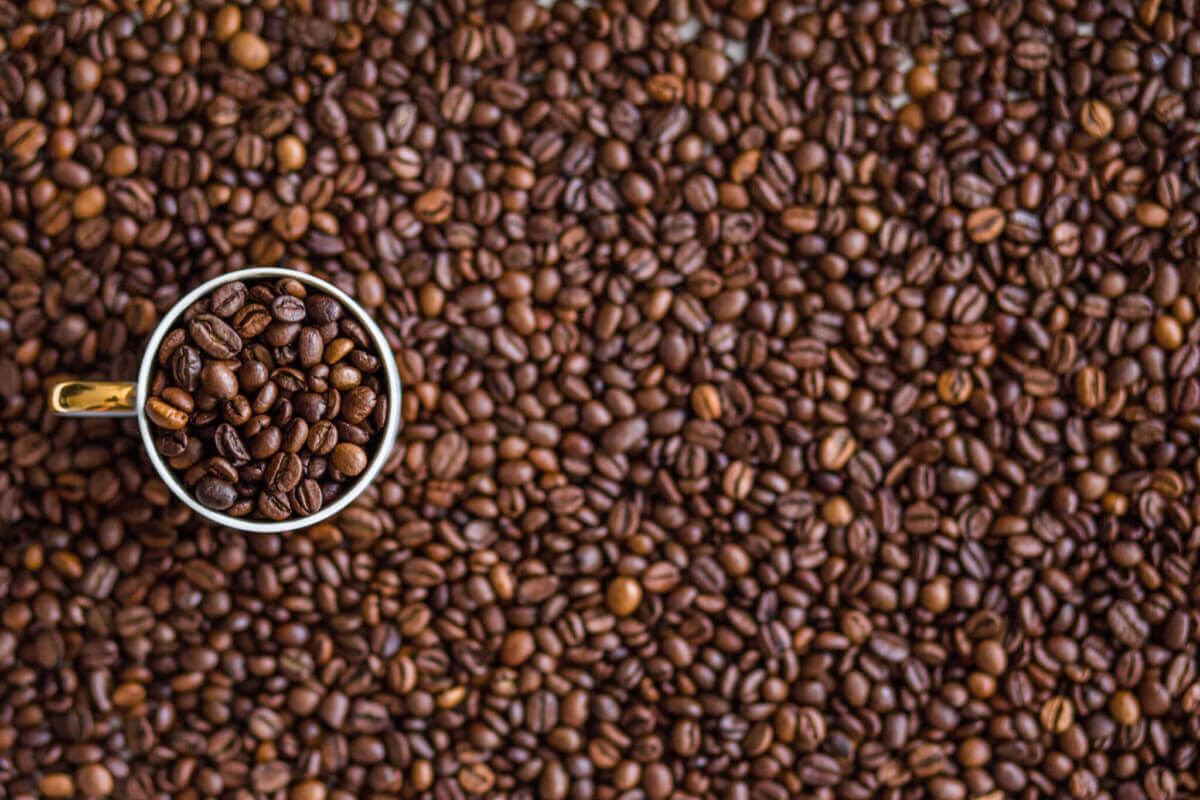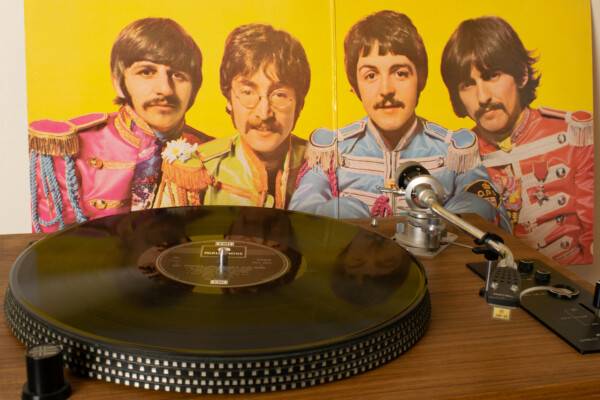
SOUTH AUSTRALIA — There's no shortage of research showing how drinking coffee is good for health, but is there a point where consuming too much can be harmful? Researchers from the University of South Australia sought to answer that very question, and found that it's best to stop after your fifth cup for the day.
While one study released in 2017 found that drinking four or more cups daily may reduce one's risk of death from any cause, this latest work determined that drinking six or more cups in a day increases a person's risk of developing heart disease by up to 22 percent. That's because too much caffeine can cause high blood pressure, a precursor to heart disease, researchers say.
“Coffee is the most commonly consumed stimulant in the world – it wakes us up, boosts our energy and helps us focus – but people are always asking ‘How much caffeine is too much?'” says study co-author Elina Hyppönen, a professor at the Australian Centre for Precision Health, in a statement. “Most people would agree that if you drink a lot of coffee, you might feel jittery, irritable or perhaps even nauseous – that’s because caffeine helps your body work faster and harder, but it is also likely to suggest that you may have reached your limit for the time being.”
Hyppönen says the study is first to set a limit on safe coffee consumption when it comes to heart health.
Coffee lesson learned: ‘Overindulge and your health will pay for it'
For their research, the authors pulled data from 347,077 adults in the United Kingdom between ages 37 and 73. They compared coffee consumption habits to diagnoses of heart disease, and studied whether carriers of a gene that metabolizes caffeine faster could consume caffeine more frequently without suffering any negative effects. They determined even those with the gene weren't at any less risk.
“In order to maintain a healthy heart and a healthy blood pressure, people must limit their coffees to fewer than six cups a day – based on our data six was the tipping point where caffeine started to negatively affect cardiovascular risk,” says Hyppönen.
So for all the benefits that drinking coffee and consuming caffeine can bring, just remember that it turns out you can have too much of a good thing.
“Knowing the limits of what’s good for you and what’s not is imperative. As with many things, it’s all about moderation; overindulge and your health will pay for it,” Hyppönen concludes.
The study is published in The American Journal of Clinical Nutrition.
This article was first published May 19, 2019.










